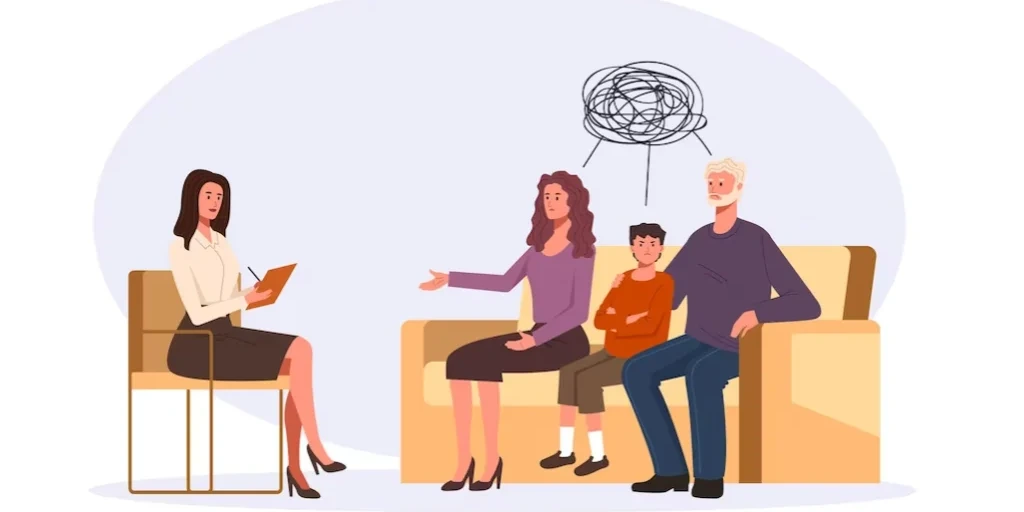24/7 Helpline:
(866) 899-111424/7 Helpline:
(866) 899-1114
Learn more about Depression Treatment centers in Paris
Depression Treatment in Other Cities

Other Insurance Options

Sutter

ComPsych

Medical Mutual of Ohio

Holman Group
Beacon

PHCS Network

Choice Care Network

AllWell

United Health Care

Sliding scale payment assistance

Evernorth

Humana

Amerigroup

Kaiser Permanente

Carleon

Cigna

Optima

MHNNet Behavioral Health

Providence

CareFirst










Arrow Passage Recovery
Arrow Passage Recovery in Massillon, OH is an accredited dual-diagnosis addiction rehab center. It s...

CommQuest – Wilson Hall
Commquest- Wilson Hall, located in Massillon, Ohio, is an alcohol, drug, and dual diagnosis treatmen...

CommQuest
CommQuest is located in Massillon, Ohio. CommQuest provides education, prevention, and treatment of ...

Brightview – Canton Addiction Treatment Center
The Brightview Canton Addiction Treatment Center is a dual diagnosis rehab facility located in Massi...

CommQuest – Outpatient
CommQuest - Outpatient Office is located in Massillon, Ohio. CommQuest - Outpatient Office provides ...




















































































































































































































































Heart Outreach Ministries – Camp Heart
Heart Outreach Ministries – Camp Heart is a private rehab located in Beach City, Ohio. Heart Outreac...

CommQuest – Regional Center for Opiate Recovery – ReCOR
CommQuest - Regional Center for Detox & Recovery (ReCOR) is located in Massillon, Ohio. CommQuest - ...

DVPI – Renew Counseling and Recovery Center
DVPI - Renew Counseling and Recovery Center helps victims of domestic violence become survivors by p...










































































